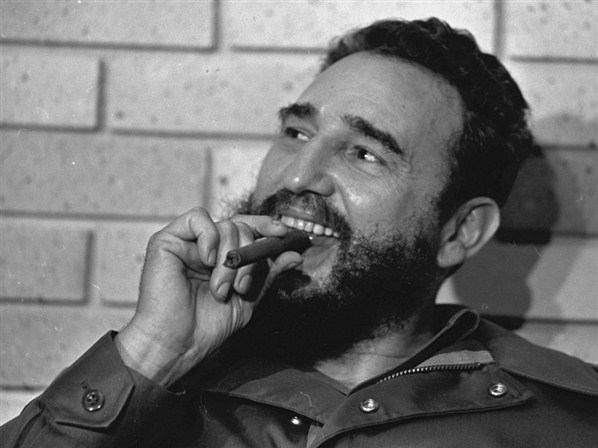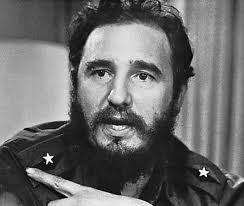
Fidel Castro says final goodbye: Legacy open to debate
Iconic revolutionary and Cuba’s former president Fidel Castro has died, leaving behind a mixed legacy that will continue to be debated for years to come.
“El Commandante” or “Fidel,” as he was fondly called by Cuban people, had become a living legend in his lifetime for defying American power and shunning temptations of market economy for decades. A lawyer who turned into the world’s most famous guerrilla leader dislodged the brutal US-backed Batista regime in 1959, and ruled his country for nearly five decades, becoming the longest-serving non-royal leader.
The 90-year-old revolutionary icon, famed for his rumpled olive fatigues, straggly bears and Havana cigars (which he had to give up due to failing health) survived many assassination attempts and years of tough US economic embargo, which he blamed for abetting poverty in his country. A trenchant critic of the capitalist system, Castro has famously said: “A revolution is not a bed of roses. A revolution is a struggle between the future and the past.” He has left a nation which remains overwhelmingly poor, but is known for free medical services and free schooling.


